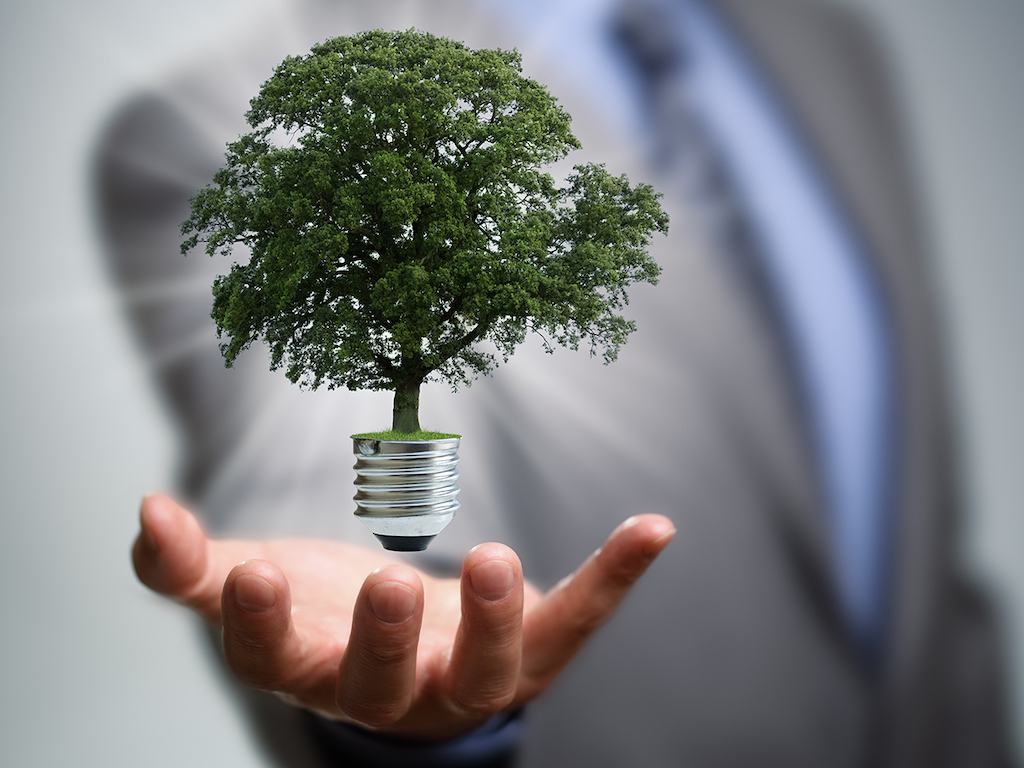Every day, we make decisions that impact the environment, climate, and other animals. We can do a lot to “choose wild” and lessen our environmental imprint to make more room for wild animals and plants, from what we eat to how many children we have.
Think Before Shopping
“Reduce, Reuse, Recycle” may sound like a cliche, but it’s just as relevant today as it was originally coined. Everything we buy has an environmental footprint, from the materials needed to make it to the pollution generated during manufacture to the packaging in landfills. So, before you go out and buy something, consider whether you truly need it. Look for gently used items rather than new ones, and look for minimum packaging and delivery.
Make Sure That Your Investments Have Environmental Benefits

Not everyone has the financial means to exchange their old gas-guzzling junk for the most recent environmentally friendly hybrid vehicle. That isn’t necessarily a bad thing; new car production requires a lot of resources. If you’re in the market for a new vehicle, choose a fuel-efficient model to save thousands of dollars on gas and lower your carbon footprint. When shopping for a new refrigerator, washer, or dryer, seek the Energy Star badge to identify the most energy-efficient models. Do you require a new water heater? Consider switching to solar power.
Do Not Use Plastic
Plastic is here to stay. Currently, billions of pounds of it may be found in whirling convergences that cover over 40% of its oceans. Thousands of seabirds, sea turtles, seals, and other marine creatures are killed after consuming or becoming entangled in plastic. In just a few easy actions, you can start reducing your plastic waste: When shopping, use reusable bags, avoid single-use water bottles, bags, and straws, and avoid anything made of or packaged in plastic as much as possible (e.g., select unwrapped produce at the grocery store, shop local, cut down on online shopping).
Boycott unsustainable products
In the United States, it is unlawful to buy, sell, import, or exchange anything manufactured from endangered species, but even if a plant or animal hasn’t been designated yet, it can still be damaged for profit. Furthermore, certain items imperil endangered species by posing a hazard to their environment, ranging from the destruction of old-growth forests to the depletion of water that riparian animals require to exist. To prevent contributing to the extinction of animals, purchase ethically and search for goods made of sustainable materials such as bamboo.
Water

Leave the bottled water at home. Even though tap water is essentially free and many city water have won quality and taste tests versus name-brand water, bottled water firms strive to discredit it. Furthermore, water extraction and the creation of all those plastic bottles are damaging to people and animals. Water conservation is also vital, especially as our nation’s population grows and we confront severe droughts. Shorter showers, fixing leaky toilets, and low-flow and low-water appliance options are all ways to save water. Consider xeriscaping your yard, which is a landscaping approach that employs native, drought-tolerant plants that require less water and upkeep over time while still providing habitat and food.
Drive less Or Drive Green
Changing your driving habits can help you cut your carbon impact significantly. Whenever feasible, walk, cycle, carpool, or take public transit. Combine errands to save time and money. Participate in or organize car-free days in your neighborhood. Regular tune-ups and tire inflations are vital to maintaining your automobile in good repair. Tune-ups may improve your fuel economy by 4% to 40%, and if every American kept his or her tires properly inflated, gas consumption would drop by 2% countrywide.
It is important to live more sustainably with global warming and climate change; you do not want to contribute any further to the planet’s degradation. In the comments, let us know how you plan to live more sustainably…
